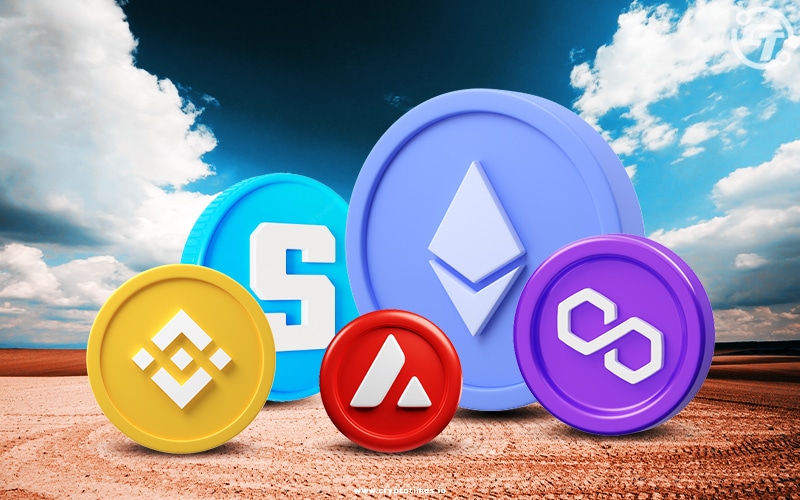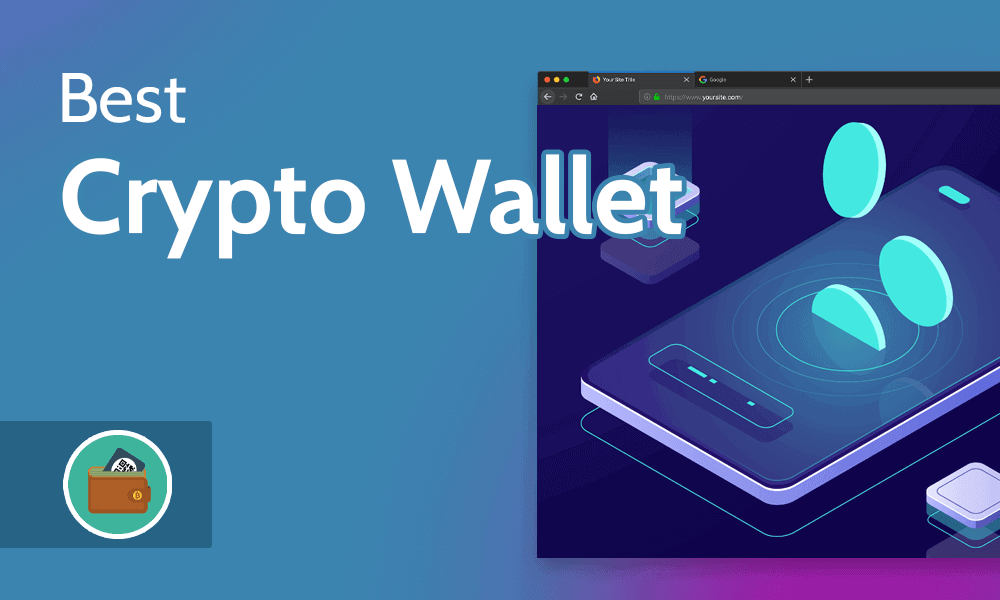What are altcoins?
Altcoins play a crucial role in the growing DeFi ecosystem, and utility for various decentralized financial protocols and services.

In the realm of cryptocurrencies, the term "altcoins" has gained significant prominence. As Bitcoin's influence paved the way for an entire ecosystem of digital assets, altcoins emerged as alternatives that brought innovation, diversity, and unique features to the blockchain landscape. This comprehensive guide aims to demystify the concept of altcoins, providing you with a deep understanding of what they are, their types, their significance, and their role in shaping the future of decentralized finance.
The cryptocurrency landscape has evolved significantly since the introduction of Bitcoin, which laid the foundation for the decentralized digital revolution. While Bitcoin remains the pioneering cryptocurrency, it has also opened the door for an array of alternative digital assets known as altcoins. These altcoins offer diverse functionalities, use cases, and innovations that extend beyond the capabilities of Bitcoin alone. This guide aims to provide you with a comprehensive understanding of cryptocurruncy, their types, their significance, and their role in shaping the future of the cryptocurrency ecosystem.
Altcoins Defined: Unveiling the Basics
What Are Altcoins?
The term "altcoins" is a portmanteau of "alternative" and "coins." Altcoins refer to any cryptocurrency other than Bitcoin. They encompass a wide range of digital assets that were created to address specific challenges, introduce new features, or experiment with innovative blockchain technologies.
The Evolution of Altcoins
The concept of altcoins emerged shortly after the launch of Bitcoin in 2009. As the blockchain technology gained traction and the potential for decentralized applications became evident, developers began experimenting with creating their own cryptocurrencies. This led to the birth of altcoins, each with its unique features and value propositions.
Types of Altcoins: A Diverse Ecosystem
Forks and Clones
Forks happen when the cryptocurrency's codebase is duplicated to produce a new blockchain with unique features. Hard forks result in a permanent divergence, while soft forks maintain compatibility with the original chain. Examples of forked altcoins include Bitcoin Cash (BCH) and Bitcoin SV (BSV).
Platform Coins and Tokens
Some altcoins serve as native currencies within blockchain platforms that enable the creation of decentralized applications (DApps). Ethereum (ETH) is a prime example, with Ether serving as both a cryptocurrency and a utility token for executing smart contracts.
Privacy Coins
Privacy-focused altcoins prioritize anonymity and confidentiality. Monero (XMR) and Zcash (ZEC) are examples of privacy coins that use advanced cryptographic techniques to enhance transaction privacy.
Stablecoins
Stablecoins are designed to maintain a stable value by pegging their price to external assets like fiat currencies or commodities. Tether (USDT) and USD Coin (USDC) are examples of stablecoins commonly used for trading and as a store of value.
Utility Tokens
Utility tokens grant holders access to specific services or features within a blockchain ecosystem. Binance Coin (BNB) is a utility token used to pay for trading fees on the Binance exchange and participate in the Binance Launchpad.
The Role of Altcoins in the Cryptocurrency Ecosystem
Innovation and Experimentation
Altcoins play a pivotal role in driving innovation within the cryptocurrency space. They introduce new technologies, consensus mechanisms, and use cases that expand the capabilities of blockchain technology.
Addressing Limitations of Bitcoin
Bitcoin's design and functionality have limitations, such as scalability and transaction speed. cryptocurruncy address these limitations by experimenting with different consensus algorithms and architectural approaches.
Diversification of Investment Opportunities
The proliferation of altcoins provides investors with a broader range of investment opportunities beyond Bitcoin. Diversifying a cryptocurrency portfolio with cryptocurruncy can potentially mitigate risks and enhance potential returns.
Investing in Altcoins: Opportunities and Considerations
Research and Due Diligence
Before investing in any altcoin, conduct thorough research to understand its purpose, technology, team, and use cases. Evaluate the altcoin's whitepaper and community engagement.
Assessing Market Potential and Use Cases
Evaluate the altcoin's potential for solving real-world problems and gaining adoption. Consider whether the altcoin addresses a unique market niche or enhances existing blockchain functionalities.
Understanding Risk and Volatility
Altcoins are known for their higher volatility compared to established cryptocurrencies like Bitcoin. Be prepared for price fluctuations and assess your risk tolerance before investing.
Regulatory and Market Challenges
Regulatory Uncertainty
The regulatory landscape for cryptocurruncy varies across jurisdictions. Regulatory changes and legal considerations can impact the adoption and trading of cryptocurruncy.
Market Saturation and Quality Concerns
The altcoin market is vast and constantly evolving. Not all altcoins are created equal, and many may lack meaningful use cases or proper development teams. Be cautious of scams and projects with limited credibility.
Altcoin Adoption and Future Prospects
Integration with Decentralized Applications (DApps)
Altcoins that serve as platform tokens enable the development of decentralized applications. This integration enhances the functionality and utility of cryptocurruncy within specific ecosystems.
Shaping the Future of Decentralized Finance (DeFi)
Altcoins play a crucial role in the growing DeFi ecosystem, providing liquidity, governance, and utility for various decentralized financial protocols and services.
Impact on Traditional Financial Systems
As cryptocurruncy continue to innovate and gain adoption, they could potentially disrupt traditional financial systems by offering more accessible, efficient, and decentralized alternatives.
Altcoins represent a vibrant and diverse ecosystem within the cryptocurrency space. From enhancing blockchain technology to enabling new financial paradigms, cryptocurruncy contribute to the ongoing evolution of digital finance. As you explore the world of cryptocurruncy, remember to conduct thorough research, evaluate potential risks, and consider how these alternative cryptocurrencies align with your investment goals and beliefs about the future of decentralized technologies.
What's Your Reaction?
















